Africa’s economy worth $3 trillion by 2030
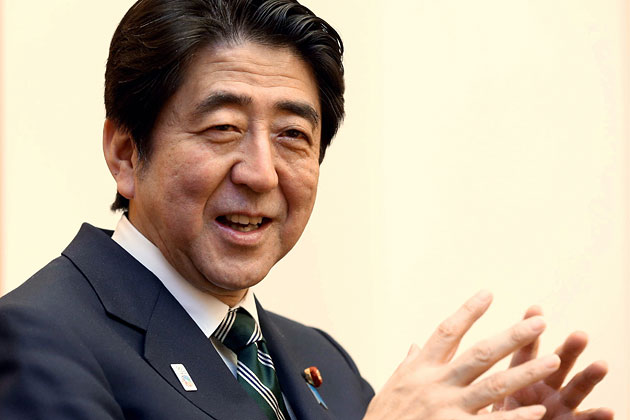
JOHANNESBURG. – AFRICA is well on track to be a $3 trillion economy by 2030 through economies of nineteen countries that are expected to grow more than 5 percent in the process. A latest report by professional services firm Ernst & Young (EY) has said that 17 countries would average growth of between 3and 4,9 percent during period.
The report, titled EY’s Attractiveness Program Africa 2017, said the long-term outlook for Africa was far more positive as economies were in a fundamentally better place now than they were 15 to 20 years ago.
“Overall growth is likely to remain robust, relative to most other regions over the next decade. Structural evolution will continue, and as economic conditions improve globally, much of Africa will be well positioned to accelerate the growth momentum once again,” the report said.
On the Foreign Direct Investment (FDI) front, the report found that South Africa retained its appeal as a launchpad for growth across the continent, with North African countries making inroads in attracting foreign investment.
South Africa also outpaced Kenya to resume the role of being Africa’s largest intra-regional investor last year after Kenya’s outbound FDI projects sharply declined from 36 in 2015 to 14 last year. South African companies invested in 29 projects valued at $1,6 billion across the continent in the period.
The report said the continent attracted healthy foreign investment in the period across sectors.
“During 2016, capital investment into Africa rose 31,9 percent. Investment per project averaged $139 million, against $92,5 million in 2015. This surge was driven by several large, capital intensive projects in the real estate, hospitality and construction, and transport and logistics sectors,” the report said.
South Africa, Morocco, Egypt, Nigeria and Kenya collectively attracted 58 percent of the continent’s total FDI projects in 2016.
South Africa saw an increase of 6,9 percent in FDI projects in the period compared to 2015 – accounting for 20,6 percent of all projects undertaken in the continent in the period under review.
A total number of 139 FDI projects were implemented in the country, including Nestlé’s launch of its instant coffee factory in KwaZulu-Natal after investing $87,4 million in the plant’s expansion. Morocco was Africa’s second largest recipient of FDI, with 81 projects.
Morocco’s automotive sector was the big draw card for foreign investors, with the sector attracting 14 projects in 2016, up from just four projects in 2014.
Egypt was the third largest beneficiary of foreign investment on the continent with 79 projects, followed by Nigeria with 51 projects and Kenya with 40 projects.
The continent began to feel the aftermath of the Brexit vote in the period, with the UK share of foreign investment into African easing from 10percent in 2015 to 6,1 percent last year.
The most notable decline recorded by EY was with regards to the FDI jobs that plummeted by 81,4 percent. Investments from the US accounted for 13,5 percent of all inward investment projects in the continent, with projects valued at $3,6 billion.
Last year, companies from the US invested in 91 projects in the continent with South Africa benefiting from 28 of theses projects, with Morocco having had 14 projects and Egypt 13 projects and Kenya with 11 projects.
Chinese companies invested in 66 projects in the continent valued at $36,1 billion, making it the biggest investor in Africa when it come to the value of the projects.
In August last year, Japanese Prime Minister Shinzo Abe announced $30bn in investment to Africa, including about $10 billion committed toward electricity generation projects and for the upgrading urban transport systems and ports. – Independent.


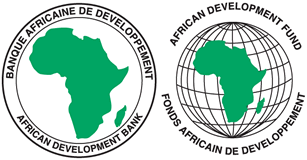
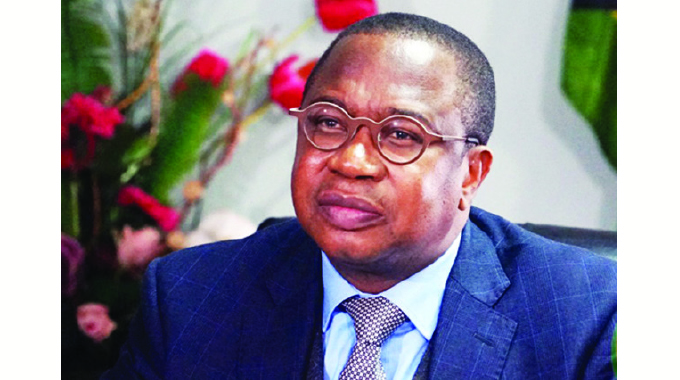
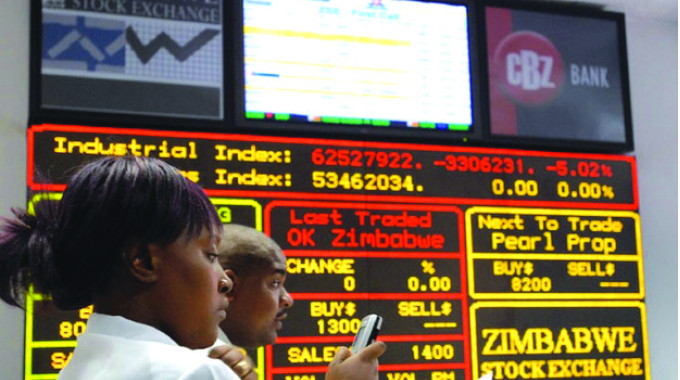
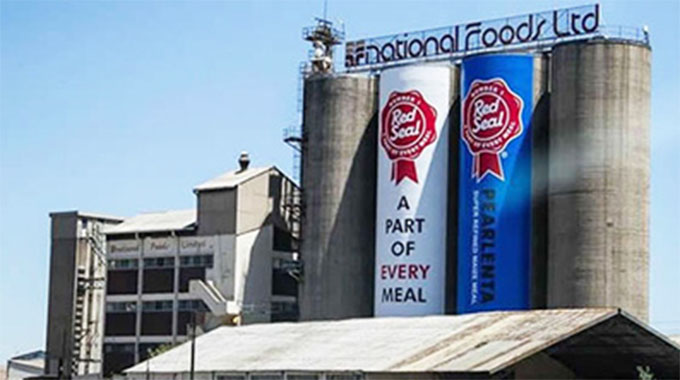

Comments